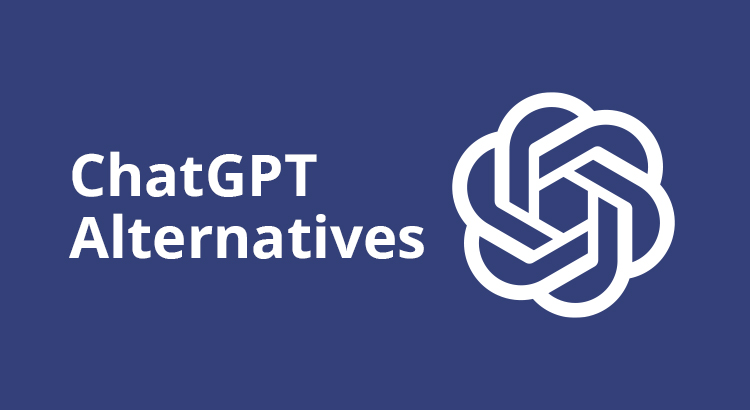ChatGPT, developed by OpenAI, has been a prominent player in AI, offering users a glimpse into the potential of AI-driven conversations. However, as technology evolves, so do the alternatives. There are several compelling alternatives to ChatGPT that offer unique features and capabilities, catering to diverse user needs and preferences.
Related Article: What is ChatGPT and How Can You Use It?
Alternatives to ChatGPT
There are many free and paid ChatGPT alternatives are available. Some of the examples are given below.
1. Google Gemini
Google Gemini, formerly known as Google Bard, is a robust AI chatbot that rivals ChatGPT in its conversational abilities.
Fueled by trillions of words ingested by LAMDA, Gemini excels in predicting responses and maintaining coherent conversations. However, users should remain vigilant, as demonstrated by instances of misinformation.
2. Microsoft Copilot
Microsoft Copilot, formerly known as Microsoft Bing Chat, has emerged as a formidable player in the AI marketplace. This upgraded version of Bing leverages advancements in ChatGPT technology, boasting enhanced accuracy and speed.
Microsoft’s claim of improved performance underscores its commitment to innovation in AI.
3. Jasper.ai
Jasper.ai offers powerful natural language understanding and dialog management capabilities, operating on the cloud.
Utilizing OpenAI’s GPT-3.5 alongside internal NLU models, Jasper.ai is particularly useful for customer service, sales, and marketing-related tasks.
4. Claude
Developed by Anthropic, Claude is a versatile AI assistant capable of various conversational and text-processing tasks.
With use cases ranging from summarization to creative writing, Claude aims to be helpful, honest, and harmless, catering to a wide array of user needs.
5. ChatSonic
ChatSonic distinguishes itself with factual content-creation capabilities, purportedly powered by Google Search.
While its claims regarding real-time information processing raise questions, it remains a viable alternative for those seeking content creation assistance.
6. NeevaAI
Combining ChatGPT with specific language models, NeevaAI offers a unique search engine experience.
Emphasizing accuracy and precision, NeevaAI provides curated responses appended with relevant sources, promising a browsing experience free of trackers and ads.
7. YouChat
YouChat by You.com offers a ChatGPT-like AI assistant for human-like conversations in search results, providing real-time data with source citations.
Users can tackle complex questions, use logical reasoning, learn languages, and create content seamlessly.
8. Perplexity
Perplexity AI’s conversational search engine, powered by OpenAI’s GPT-3.5 API, retrieves answers while citing sources from the web.
Offering follow-up questions, it facilitates in-depth exploration of various topics, enhancing user engagement and understanding.
9. Character.AI
Character.AI focuses on AI personalities, providing chat-like experiences with a range of characters from Mario to Tony Stark.
While primarily for entertainment, it offers a unique twist to AI interactions, appealing to users seeking diverse experiences.
10. Elicit
Elicit serves as an AI research assistant, specializing in Literature Review. It efficiently generates summaries from relevant research papers, prioritizing accuracy and source credibility.
With a vast publication collection, it aids in rapid and comprehensive research tasks.
Final Thoughts on The Best ChatGPT Alternatives
These ten alternatives to ChatGPT offer users a diverse range of capabilities and features. As technology continues to advance, we can expect even more innovative solutions to emerge, further enriching the conversational AI experience.


